Images
Today, 4 February, marks World Cancer Day, which aims to raise awareness about this disease and promote efforts devoted to cancer research, prevention, detection, and treatment.
At IRB Barcelona, we are committed to achieving a disease-free society. Our mission is to conduct multidisciplinary research of excellence to offer pioneering solutions for unmet medical needs in cancer and other diseases linked to aging.
In line with this mission, we are pleased to share some of the latest advances made by our research community.
Breast cancer metastasis and the MAF protein
A team of researchers led by Dr. Roger Gomis has deciphered the role of the MAF protein in breast cancer metastasis. Specifically, they have discovered that this protein interacts with the estrogen receptor, thereby altering DNA structure and activating genes that promote metastasis.
Published in the journal Nature Cell Biology, this study could open up new avenues for targeted treatments against metastasis in breast cancer.
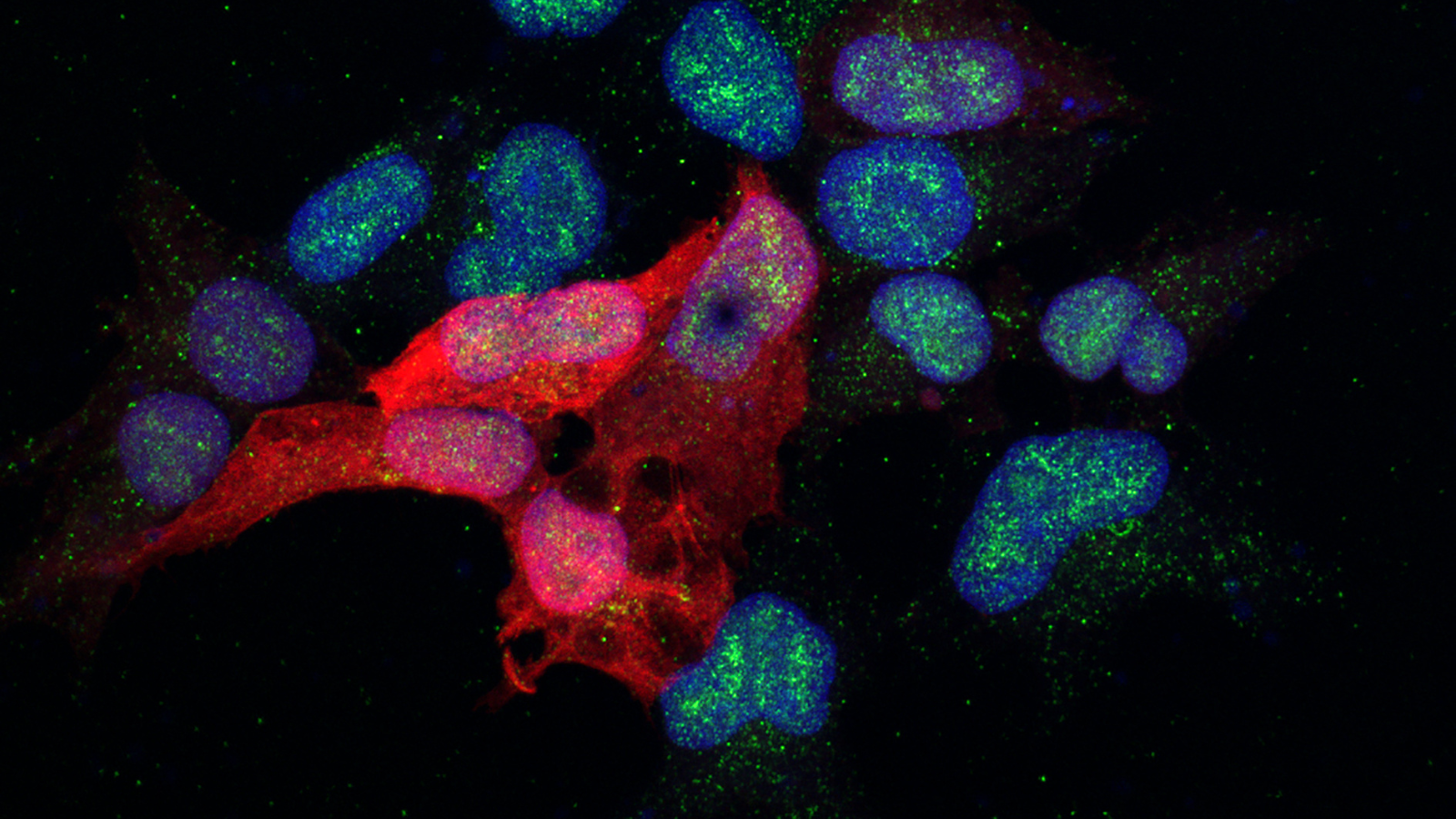
Nanorobots to target bladder tumours
A team at IRB Barcelona has participated in a study with the Institute for Bioengineering of Catalonia (IBEC) and CICbiomagune to develop nanorobots capable of significantly reducing the size of bladder tumours. The contribution of IRB Barcelona's Advanced Digital Microscopy facility, led by Julien Colombelli, has been key to the study.
In the experiments carried out in this work, which was published in Nature Nanotechnology, the nanorobots achieved a 90% reduction in the size of bladder tumours, which is a promising advance towards more targeted and less invasive therapies.
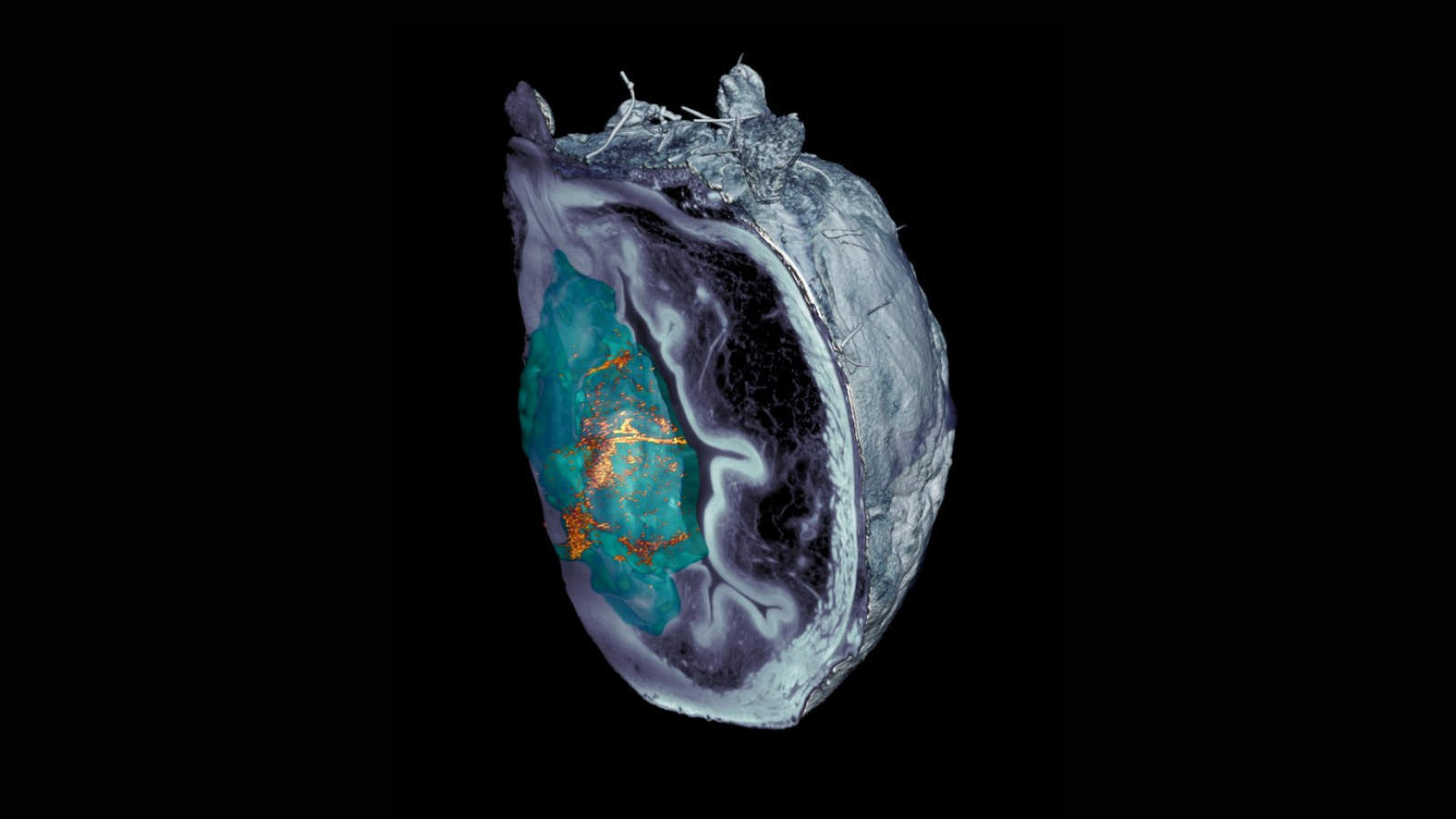
A novel approach to tackle prostate cancer
A team led by Dr. Xavier Salvatella and Dr. Antoni Riera, in collaboration with the Max Planck Institute for Molecular Genetics and BC Cancer, has unveiled a novel approach to tackle prostate cancer by inhibiting the androgen receptor, a key transcription factor in this disease.
This research work, published in Nature Structural & Molecular Biology, laid the groundwork for the creation of Nuage Therapeutics, a biotech founded in 2021 by IRB Barcelona researchers, together with ICREA, that focuses on the development of treatments for difficult-to-treat diseases using its innovative approach based on molecular condensate formation.

Immunotherapy to enhance the efficacy of chemotherapy
A team of scientists has identified a mechanism that allows senescent cells, which arise as a result of chemotherapeutic treatments, to survive inside tumours.
Published in the journal Nature Cancer and led by Dr. Manuel Serrano, this study has revealed that senescent cells activate the PD-L2 protein to evade the immune system and recruit suppressor cells, creating an environment that favours tumour growth and limits the efficacy of chemotherapy.
In animal models, a new immunotherapy that blocks PD-L2 has been shown to improve the efficacy of chemotherapy, thereby opening up the possibility of this inhibitor serving as an adjunct in cancer treatment.
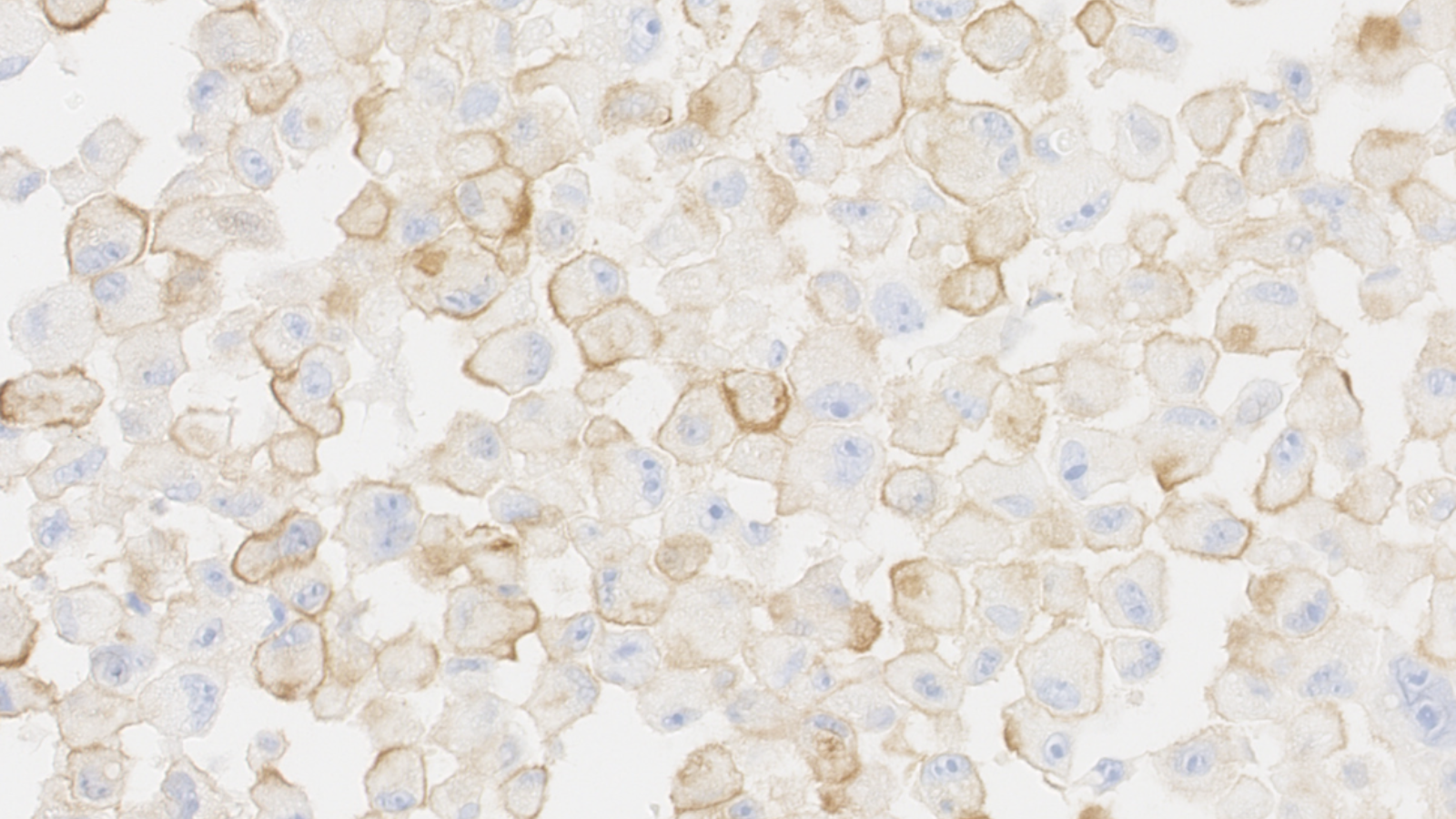
Individual differences in DNA mutation risk
Researchers from Dr. Fran Supek's team have conducted a revealing study in which they have identified 13 distinct genomic patterns in mutation risks between individuals.
Published in Nature Cancer, this work focuses on understanding differences in mutation susceptibility. It has revealed that cell proliferation and alterations in essential tumour suppressor genes, such as TP53 and RB1, are correlated with changes in chromosomal mutation risks.
The study provides a deeper understanding of how mutation risk varies between individuals, which could have a significant impact on the personalisation of cancer treatments.
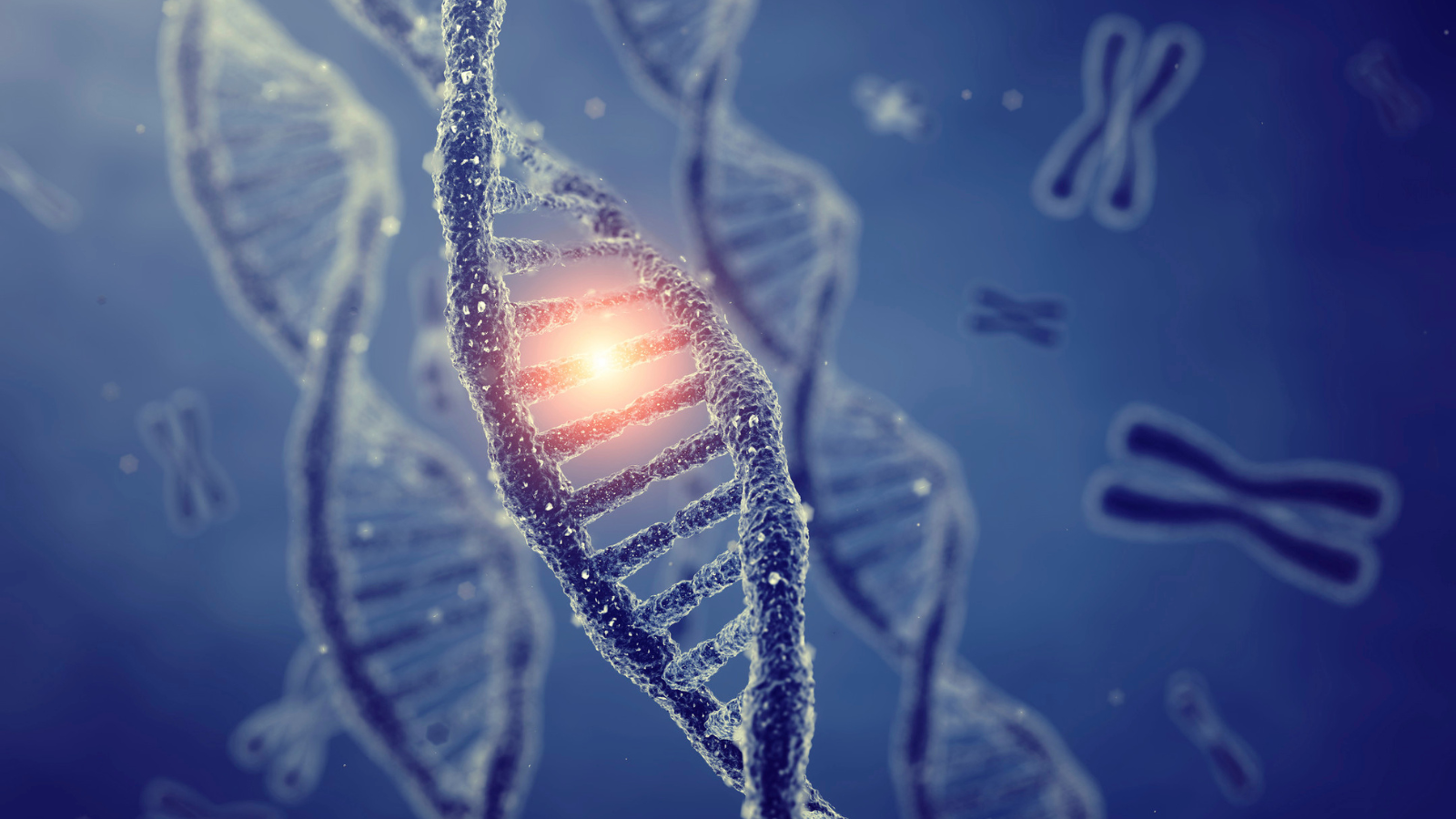
Cell-to-cell communication in pancreatic cancer
A study co-led by Dr. Direna Alonso-Curbelo and researchers from the Sloan Kettering Institute has uncovered abnormal epigenetic patterns in pancreatic cancer precursor cells.
Published in the journal Science, the study reveals that cells with mutations in the KRAS oncogene, which often causes pancreatic cancer, show plasticity that is enhanced by tissue inflammation, thus leading to greater communication with their environment.
This research offers new perspectives for possible therapeutic interventions in the early stages of pancreatic cancer.
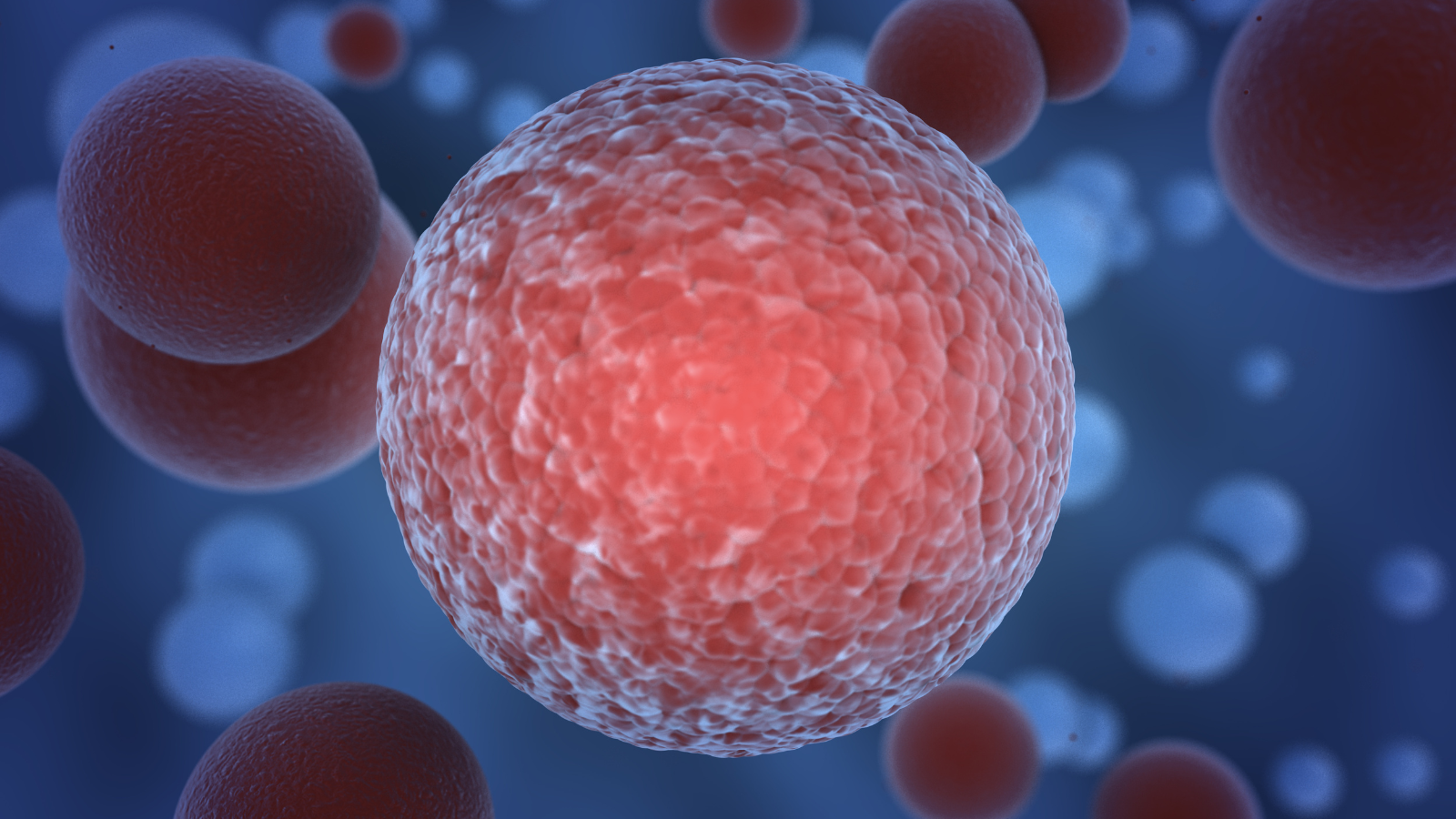
Drug for heart disease improves melanoma treatments
A team led by Dr. Salvador Aznar-Benitah, together with scientists from Navarrabiomed and the Institute of Neurosciences CSIC-UMH, has published a study in Nature Metabolism revealing that the application of a drug used in the treatment of cardiac conditions improves the efficacy of existing therapies for melanoma in mice.
This multidisciplinary study addresses resistance to targeted therapies and highlights the possibility of future clinical trials to validate the action of this drug in melanoma patients.
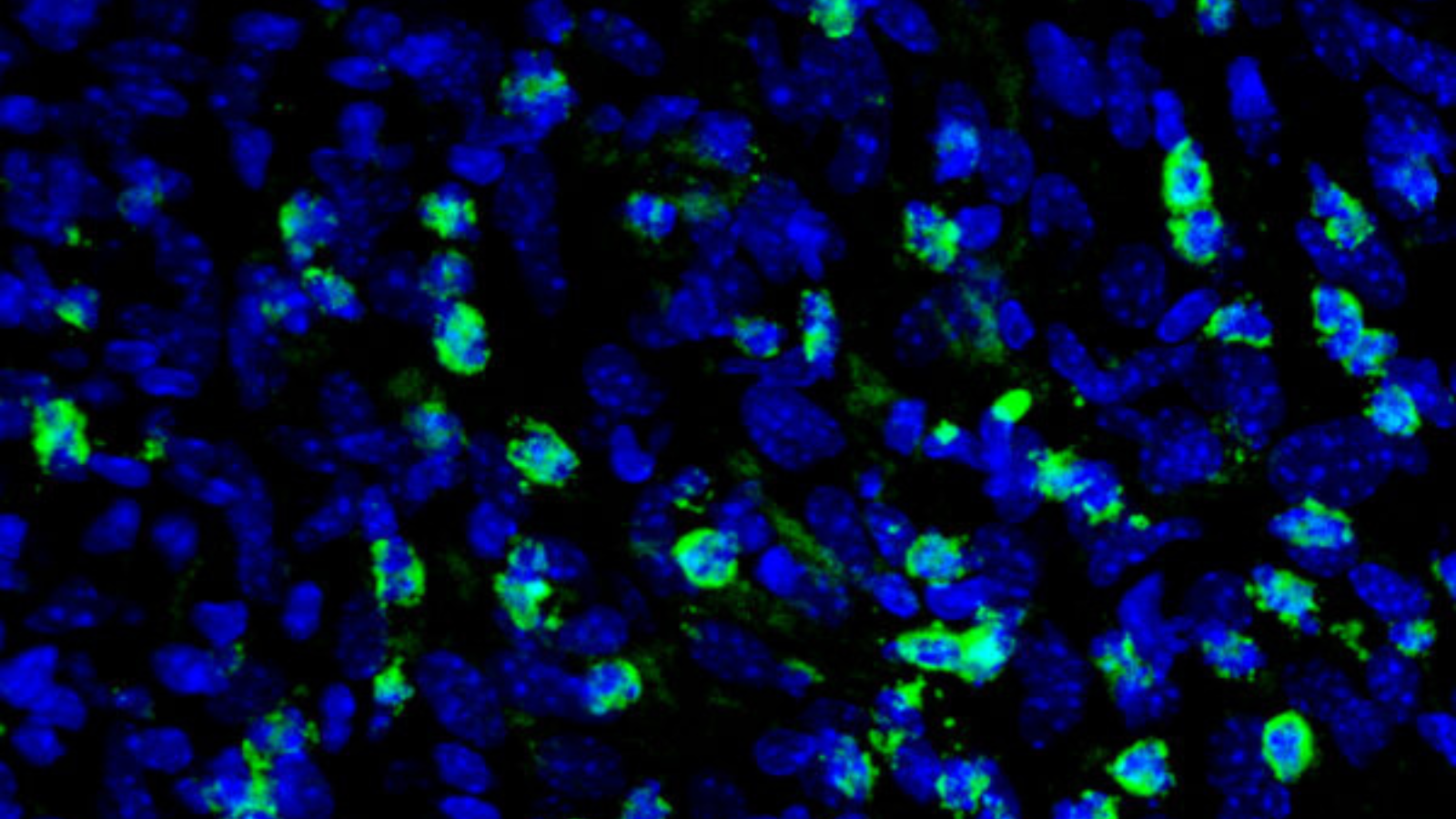
Overcoming resistance to protein degraders
Protein degraders use the degradation machinery of cells to remove proteins of therapeutic interest and are an innovative approach to target diseases that were hitherto considered non-pharmacologically addressable.
A team of researchers led by Dr. Cristina Mayor-Ruiz has identified a promising drug that can selectively kill cells resistant to protein degraders and has unveiled how it works, thus offering hope for overcoming such resistance.
This research work, published in Angewandte Chemie, provides new insights into a key vulnerability of resistant cells that could be useful for future cancer treatments.
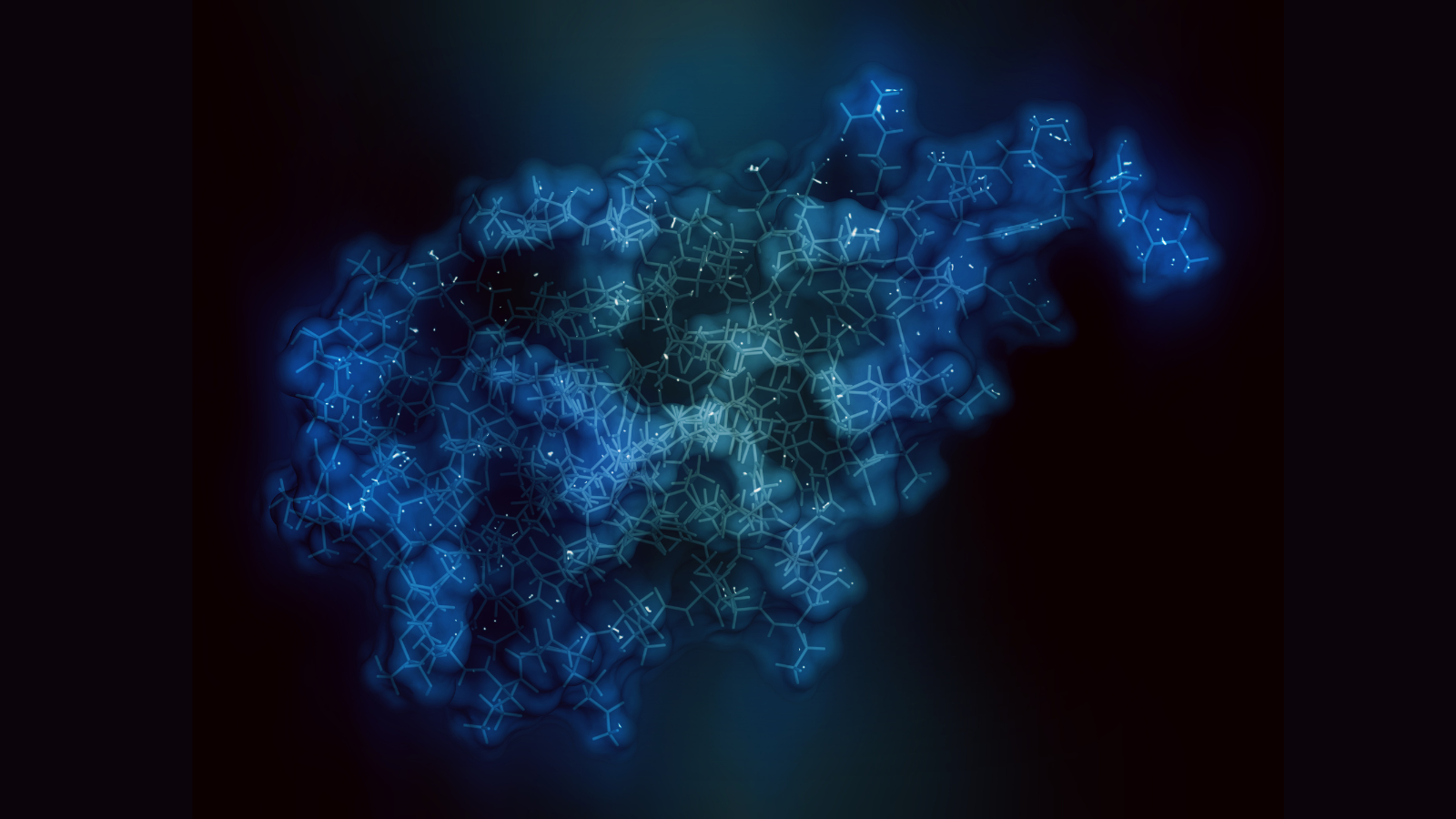
Chromosomal Instability: A Telling Link to Cancer Cell Invasiveness
The laboratory led by Dr. Marco Milán has conducted a revealing study on the relationship between chromosomal instability in cancer cells and the promotion of invasiveness.
This work, published in the journal Current Biology, which was performed in the Drosophila fly, expands our understanding of cancer biology and its relationship with chromosomal instability, a common phenomenon in solid tumours that is linked to the aggressive spread of cancer.
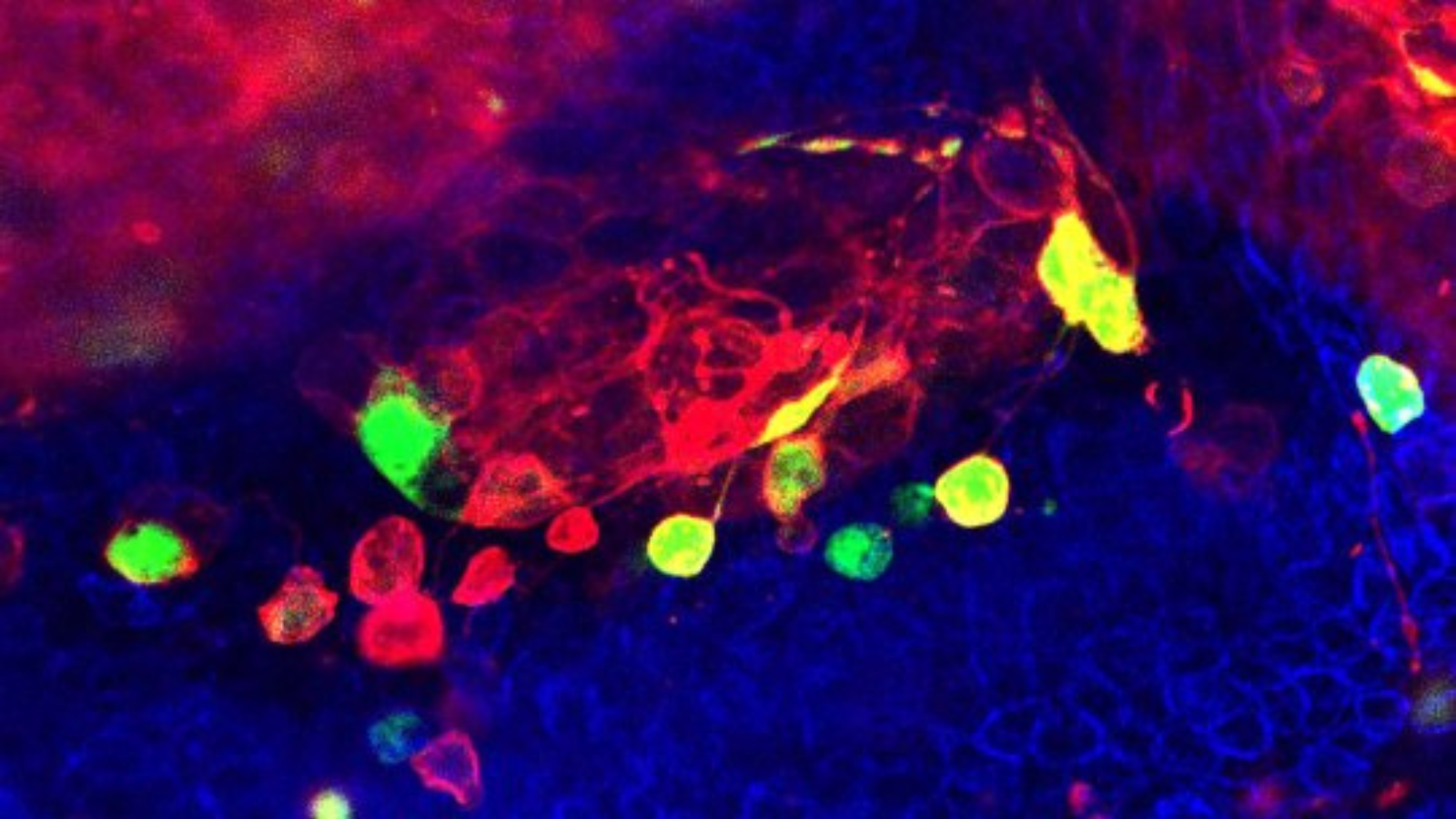
Each of these discoveries has provided valuable new insights into cancer while opening new perspectives for the development of more effective and personalised treatments.
We are committed to unravelling the complexity of this disease and to translating knowledge into innovative therapeutic strategies. In this regard, we aim to improve the quality of life of patients with cancer and also contribute to progression towards a society in which cancer-related diseases are increasingly less prevalent and more treatable.
About IRB Barcelona
The Institute for Research in Biomedicine (IRB Barcelona) pursues a society free of disease. To this end, it conducts multidisciplinary research of excellence to cure cancer and other diseases linked to ageing. It establishes technology transfer agreements with the pharmaceutical industry and major hospitals to bring research results closer to society, and organises a range of science outreach activities to engage the public in an open dialogue. IRB Barcelona is an international centre that hosts 400 researchers and more than 30 nationalities. Recognised as a Severo Ochoa Centre of Excellence since 2011, IRB Barcelona is a CERCA centre and member of the Barcelona Institute of Science and Technology (BIST).





